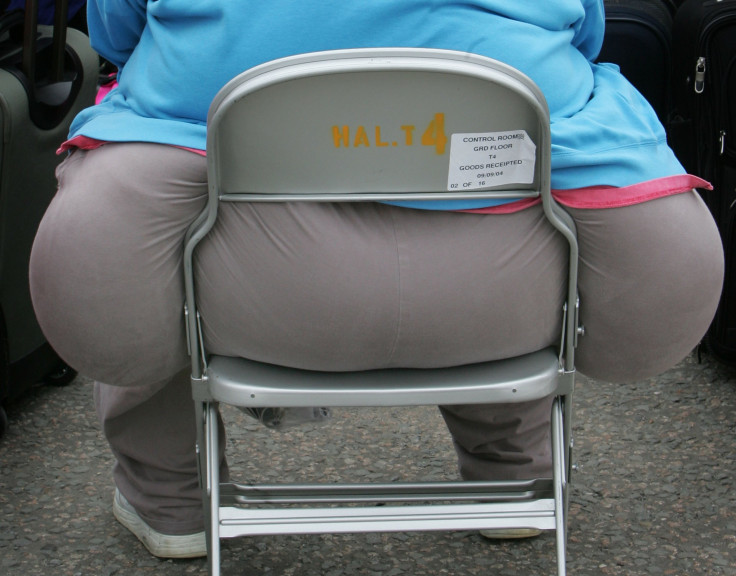Sperm carries information about dad's weight, study finds

While it is common knowledge that a woman should take care of herself during pregnancy, a new study shows that health recommendations should also be directed toward men before they conceive a child.
According to the latest findings, a man’s weight affects the heritable information contained in sperm. This may offer a biological explanation why children of obese fathers are themselves more predisposed to obesity, the researchers said.
The new study, published in Cell Metabolism, may lead to changing the preconception behaviour of fathers, senior author Romain Barrès, an associate professor at the University of Copenhagen, noted.
In the study, Barrès and colleagues compared specific epigenetic marks in the ejaculate of lean and obese men. While no differences were seen in the proteins that wrap up DNA, there were variations between the participants' small RNAs as well as methylation of genes associated with brain development and appetite.
There are likely evolutionary reasons why information about a father's weight would be valuable to his offspring. Barrès' theory is that in times of abundance, it's an instinctual way to encourage children to eat more and grow bigger. "It's only recently that obesity is not an advantage," he said. "Only decades ago, the ability to store energy was an advantage to resist infections and famines."
Barrès was inspired by a 2005 study published in Nature which showed that the availability of food to people living in a small Swedish village during famine correlated with the risk of their grandchildren developing cardiometabolism. The nutritional stress of the grandparents was likely passed down via epigenetic marks, he said. These can be chemical additions on protein that wrap up DNA, methyl groups that change the structure of DNA once attached or molecules called small RNAs. Epigenetic marks can control how genes are expressed, and this has also been shown to affect the health of offspring in insects and rodents.
To learn more about the epigenetic-offspring connection, Barrès lab is now collaborating with a fertility clinic to study epigenetic differences in discarded embryos generated from the sperm of men with various degrees of body weight. Further comparative data will be taken from cord blood of the children that each of the men fathered, but it will take some time to accumulate a large cohort of participants.
"It is clear that these epigenetic changes happen in mice and rats," Barrès said, "but we also need to know if this also happens in humans and whether this is a significant driver for changing our traits."
Contact the writer at feedback@ibtimes.com.au or tell us what you think below.





















